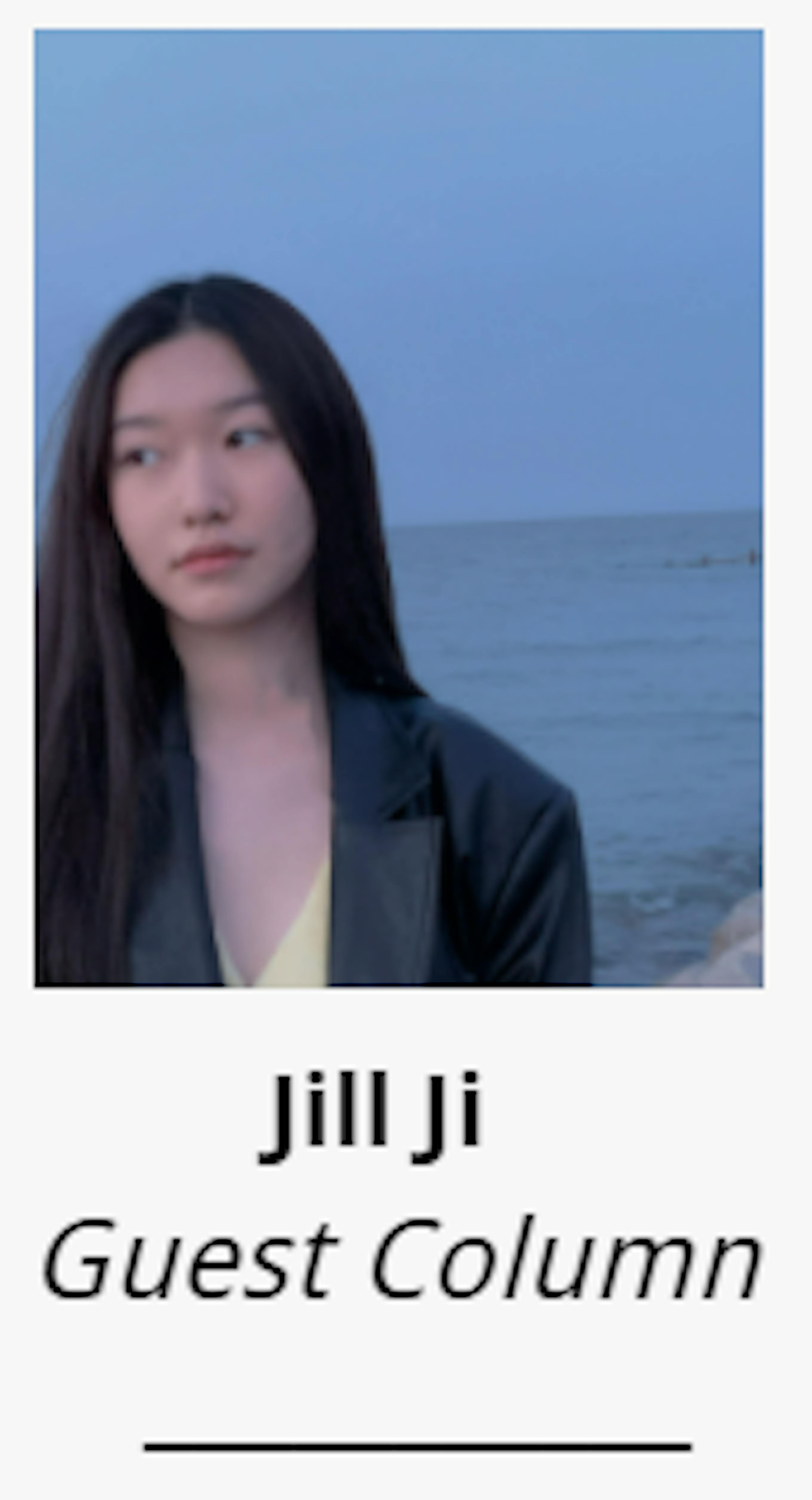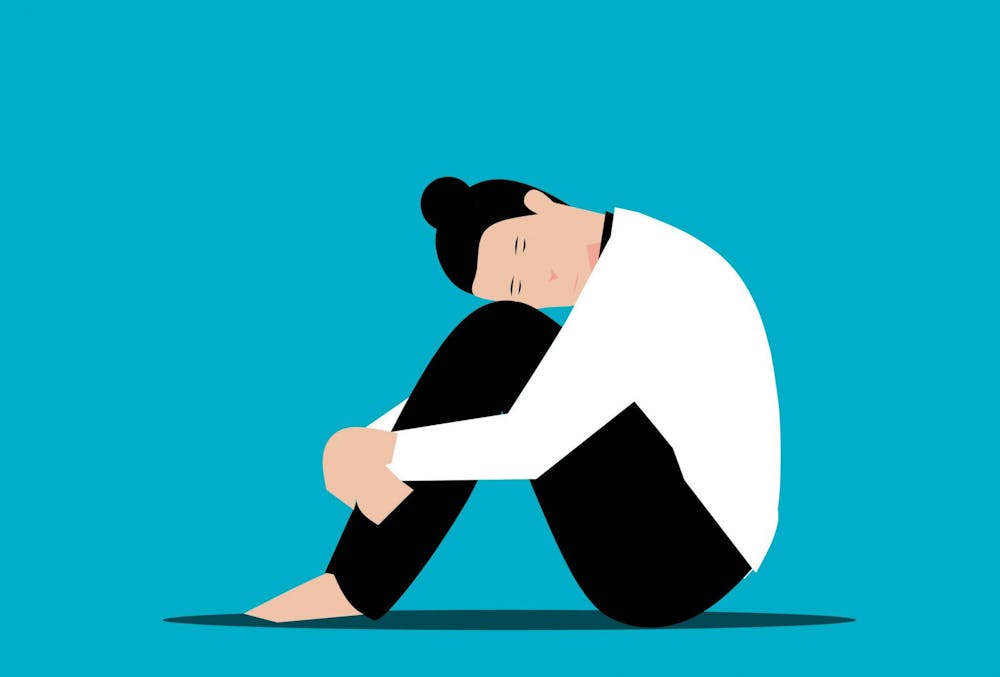
I first came across the term Myers-Briggs Type Indicator (MBTI) when I was still in middle school. Under the recommendation of adults around me, I took the test for the first time and got ESTJ, also known as the executive type. I didn’t give it much thought and forgot about the result shortly after. I was confident that I knew enough about myself and did not need to rely on a test to navigate my life.
My second encounter was in high school. And this was the first time that I got INFP, which, shockingly, was the exact opposite of my past result. Maybe it’s because people regularly go through changes in their adolescence and reshape their personalities, or maybe the test is just not that accurate. Yet when I took it a few more times, I kept on getting the same result: INFP, the mediator.
For those who are not familiar with MBTI, INFP stands for introversion, intuition, feeling and perceiving. Perhaps due to the unexpected flip in my results, I became more invested in what this test means and reveals about myself.
As an INFP, I seem to be full of self-contradictions. Many people see me as an overachiever yet I am also the biggest procrastinator I know. Although it might be a bit counterintuitive to see these two words together to describe the same person, I seem to embody how this occasional outburst of drive to succeed can clash and coexist with a consistent desire to just chill. Or perhaps it is my inherent fear of failure and disappointing others that leads me to sometimes prefer “slacking off” just to shift the responsibility away from me a little bit.
I am extremely curious about the world and can spend hours delving into one trivial topic like the history of a particular dish out of spontaneity, yet my impatience stops me from becoming an actual expert. My passion dwindles and reignites when encountering something new and exciting. I crave meaningful connections and interactions yet my shyness and small social battery often shelter me.
I am afraid of oversharing and boring others yet most of my mental breakdowns come from feeling misunderstood. I prefer to not have a plan yet I am constantly lost and devastated at the fact that I cannot pinpoint my passion or see where I will be in five years. In some way, I am both a pessimistic optimist and an optimistic pessimist.
My contradictions may have derived from my hypersensitivity to my everyday life. I dwell on thoughts that may seem trivial to others and randomly deviate from my daily activities to question the purpose of everything I do. My obsession with the meaning or purpose behind things does sometimes lead me to a black hole. At least once a day, I go through the same cycle of questioning the purpose of my college education and realizing that I have already wasted too much time on this topic and should instead go back to finishing my piles of assignments.
From time to time, I also get sad over my personality type and wonder how I have gone from ESTJ to INFP. Society subtly makes people think that being introverted is a flaw, a weakness that should be worked on: I should express my feelings more explicitly, I should be less sensitive over trivial things, I should open up more. When such outside voices affect my self-confidence or self-awareness, I tend to perceive myself from a third-person perspective to get a better view. I attempt to detach to see myself more objectively.
My sensitivity, in fact, is not a fault and allows me to have a broader horizon of the world, to catch details, to perceive others’ emotions, to empathize with everything around me. What strains or narrows my view instead is my selective recognition of the information I perceive or receive. I am the one who chooses to interpret my sensitivity as something negative that I should get rid of. It is this mentality and not my sensitivity itself that I need to work on.
It’s absolutely fantastic to be an INFP, to be constantly self-reflective, to reconcile with the different parts of myself — even if seemingly contradictory — and to embrace and understand myself enough to make decisions that truly make me happy. I still can’t say that I fully understand myself, but I am ready to discover any new sides that might pop up and accept them happily.
Jill Ji is a sophomore from Beijing, China majoring in International Studies and Public Health.





